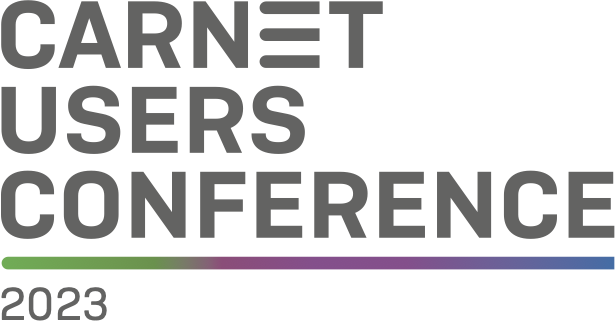Conor Galvin
Director, Doctoral Studies in Education / PhD programme at UCD College of Social Sciences & Law School of Education. Highly experienced Teacher Educator. University Lecturer & Senior Researcher on various education, public policy and research methods programmes. PhD (by research) in teacher education and professional development. Main teaching and research interests include policy networks, professional knowledge, social and environmental sustainability, and the impact of new and emergent technology on learning and society. Recently Lead Partner with responsibility for module / learning package development on a highly successful ERASMUS+ Knowledge Alliance, KA2 project the ITELab, 2017-20. Currently Co/PI on TAP-TS ERASMUS+ Teacher Academy project, 2022-25 with responsibility for WP 2.4 and WP5.1, and. contributing to to all WP 3 Events, workshops and mobilities. Also PI on JMTEP-UCD – an inaugural Jean Monnet Action at University College Dublin under the EEA Agenda with responsibility for all aspects of this project, 2021-24. JRC-Seville Research Associate on teachers’ digital competence projects – Including SELFIEforTEACHERS development and validation actions, 2020-2021. Advising Expert to DG-EAC on preparation for Council Green Deal Communication and to the EU Working Group on Learning for Sustainability, 2022-27.
Using 'serious games' and social simulations to teach Sustainability & Climate Action in schools
Serious games or games for learning are those that focus on education, information provision, and the practice of skills (Arias-Calderón et al., 2022). Research in this area of learning suggests that using games in education promotes social interaction (Waytz & Gray, 2018), improves mental health (Cruea, 2020), and reduces isolation among young people (Valkenburg & Peter, 2009). Serious games develop characteristics such as self-discipline, motivation, and autonomy (Goulão & Menedez, 2015; Kirmizi, 2015; Roddy et al., 2017; Duchatelet & Donche, 2019). In short: using games promotes a state of well-being and also facilitates meaningful learning. But above all… games are an enjoyable and engaging way of exploring complex concepts and difficult choices in a positive and hopeful manner… perhaps the real key at the heart of the climate crisis and its challenges. This session gives lots of practical advice on using serious games in the classroom and points towards a number of useful and free online resources and materials that can help teachers take the first steps into a whole new world!

